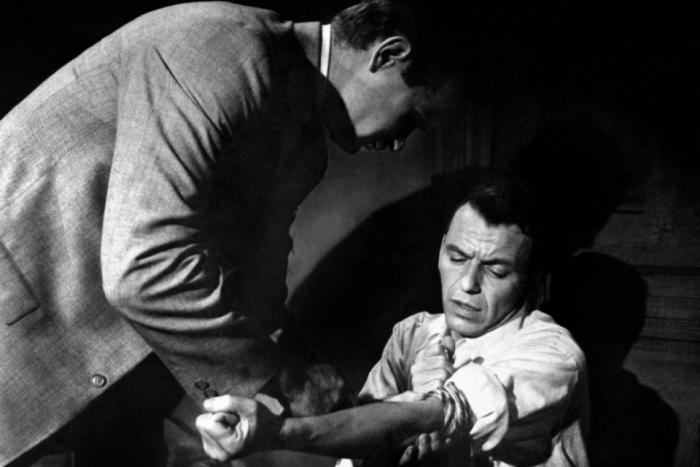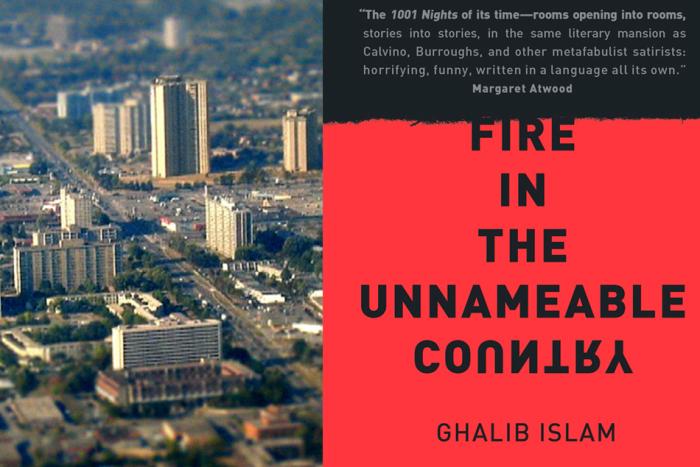When a recent survey asked more than two thousand Americans to locate Ukraine on a map, some 60 or so (by my count) placed the former Soviet-ruled country that’s been in the headlines a bit lately... in Canada. A bunch of others chose Greenland. A few, improbably, chose Alaska.
The lamentable state of American geographical knowledge is an old story, but then, geopolitical affairs are supposed to be how Americans get better at this stuff. The good news is young Americans (the ones whose brains are supposed to have been rotted with all the rap music and the iPhones and whatnot) provided a correct answer almost twice as often as the demographic who no longer want to be called “senior citizens.” The bad news is they still only got it right 27 percent of the time.
The more alarming fact, in that survey, is that the worse people’s knowledge of the actual geography of Ukraine was, the more likely they were to support an armed response. In other words, we have a direct correlation here between being objectively wrong and supporting a military intervention somewhere in the world.
(Or maybe we’re being jerks. After all, if I thought Russia had recently annexed part of Alaska, Canada, or Greenland, I think I’d be ready to fire up the B-52s, too.)
The “news” that people who are wrong about things are also prone to supporting wars in far-off places might almost be reassuring if we didn’t have evidence, in the last decade, of their political importance. It would be fun to dismiss rubes who can’t find Ukraine on a map as irrelevant, but there were plenty of very important, well-connected people who supported the great policy disasters of the last decade, starting with the Iraq war and moving down the list from there.
It turns out that it’s not just ignorance that leads to supporting terrible policies—it’s certainty. (The two co-occur more often than we’d like to think.) As Ezra Klein explained in one of the early offerings from Vox, when the political side of our brains gets involved, people seem to actually get stupider, missing math questions they’d otherwise get right.
The key insight is that we don’t want to be correct in some objective, empirical sense—we want to be correct in the eyes of the people whose opinions we value. This is an important problem for democracies in an age in which the Internet, if it isn’t making political tribalism more intense than in previous eras, is certainly making it more easily tracked and used by political powers. If the foundational value of a democracy is reasoned debate among equals, how do we deal with a system where all the incentives are against fostering reasoned debate?
It’s no relief, either, to say only the rabid partisans have their brains short-circuited this way. After all, who do you think constitutes the political parties that sit in parliament?
In democracy’s teething years, Edmund Burke told the voters of Bristol, “Your representative owes you, not his industry only, but his judgment; and he betrays, instead of serving you, if he sacrifices it to your opinion.” A pretty simple idea: Our politicians are not, in fact, supposed to merely be delegates of the popular will. Rather, they’re supposed to do the work we can’t, devoting their time to using their judgment on matters we don’t have the time or expertise to consider. And, yes, saying no to the rabble when they get some notion in their heads about banning Popery—hey, it was 1774. (Burke lost his seat in 1780, because telling voters you intend to ignore them was no more popular then than it is now.)
The problem is, we have more and more evidence that our modern politics excels at forcing politicians away from their own judgment, away from moderation, and away from general skepticism and intellectual modesty. Instead, the worry is our politics selects for certainty, credulous intellectual obedience, and a total lack of judgement. Resist the urge to aim for some easy target—political parties aren’t to blame, at least not on their own, for adapting to a changing media and political landscape.
Obviously, politics is changing rapidly as new digital tools provide the platform for a more intimate relationship between parties and voters. And maybe voters will be able to make politicians actually use that judgment when it’s necessary—we don’t really know what the future will bring. But I’m worried about who’s listening to those guys who think Ukraine is in Hudson’s Bay.






